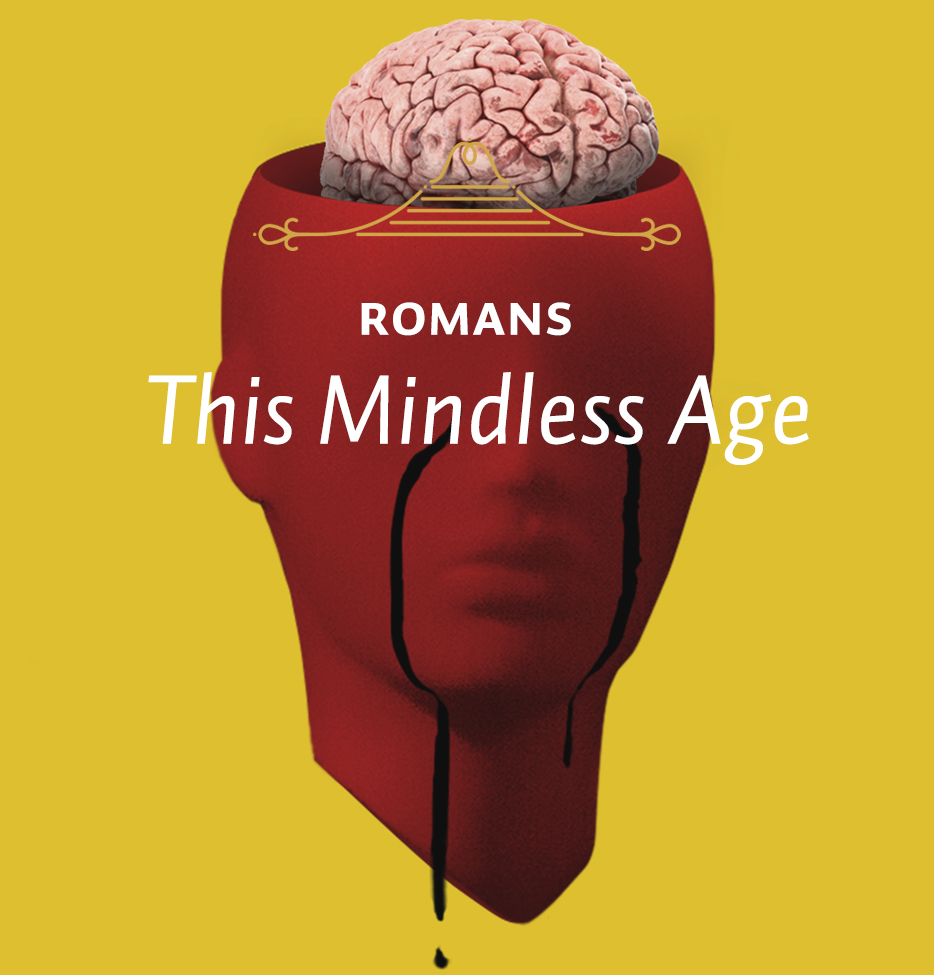Sadly enough, “the pattern of this age” weaves itself into even apparently spiritual things. This is especially true in many religious television programs. Religion is on television chiefly in an entertainment format. With the possible exception of Billy Graham, who has an international following quite apart from the television medium, and some other teaching pastors such as Charles Stanley and D. James Kennedy, the religious television stars are mostly entertainers. Even televised church services contain their requisite musical numbers and pop testimonies, just like variety shows on secular television.
What is lost in the translation of church to television? The answer is nearly everything that makes religion real. The chief loss is a sense of the transcendent. God is missing. Postman writes says, “Everything that makes religion an historic, profound and sacred human activity is stripped away; there is no ritual, no dogma, no tradition, no theology, and above all, no sense of spiritual transcendence. On these shows, the preacher is tops. God comes out as second banana.”1
Postman goes on to say later, “CBS knows that Walter Cronkite plays better on television than the Milky Way. And Jimmy Swaggart plays better than God. For God exists only in our minds, whereas Swaggart is there, to be seen, admired, adored. Which is why he is the star of the show….If I am not mistaken, the word for this is blasphemy.”2
An observer, who likes such religious entertainment, might object, “Well, what harm is done as long as genuine religion is still to be found in church on Sundays?” But is it? I would argue that so pervasive and normalizing is the impact of television that pressures have inevitably come to make church services as irrelevant and entertaining as the tube.
In the vast majority of church services today there are virtually no pastoral prayers, much brainless music and chummy chatter, and abbreviated sermons. And what are preachers told? They are told to be personable, to relate funny stories, to smile, above all to stay away from topics that might cause people to become unhappy with the church and leave it. They are to preach to felt needs, not real needs necessarily. This generally means telling people only what they want to hear.
Was Jesus amusing? Were Martin Luther, John Calvin, John Wesley or Jonathan Edwards entertainers? We must learn to seek truth, and avoid being caught up in the search for entertainment which has so permeated our culture.
1Neil Postman, Amusing Ourselves to Death: Public Discourse in the Age of Show Business (New York: Penguin Books, 1986); original edition, 1985, 116-117.
2Ibid., 123.






